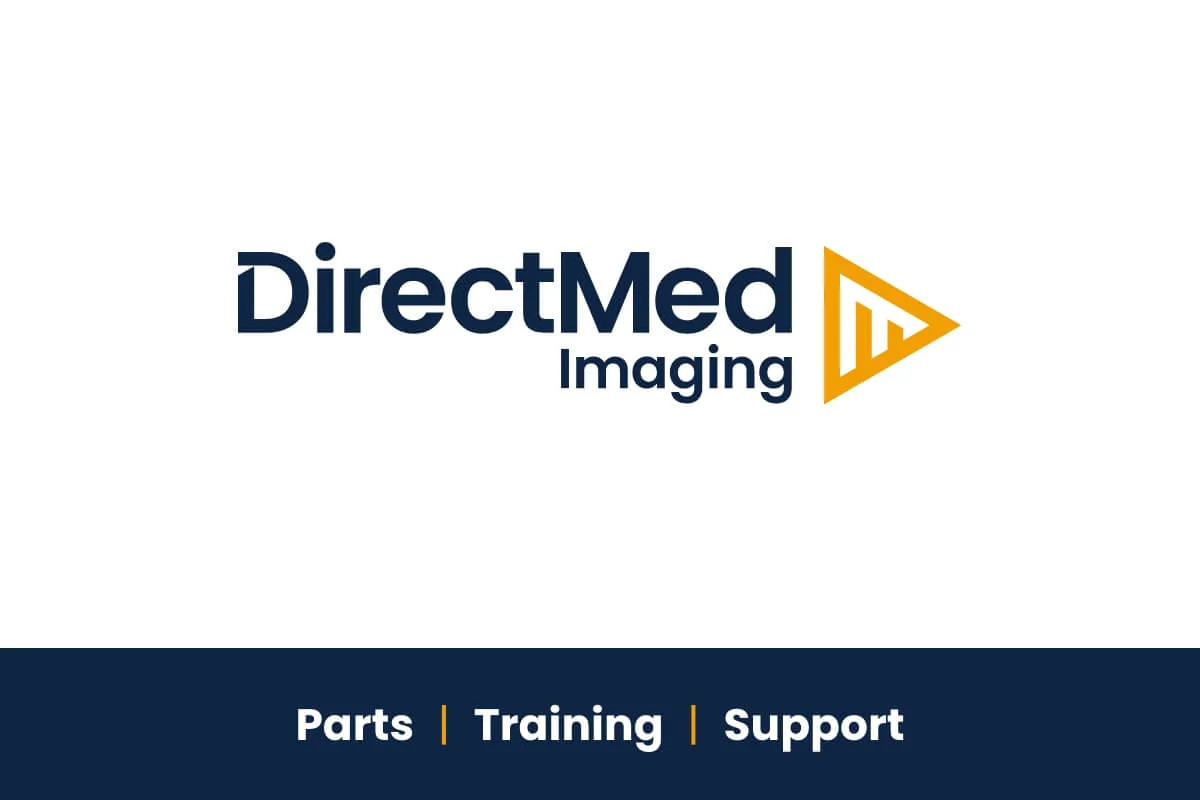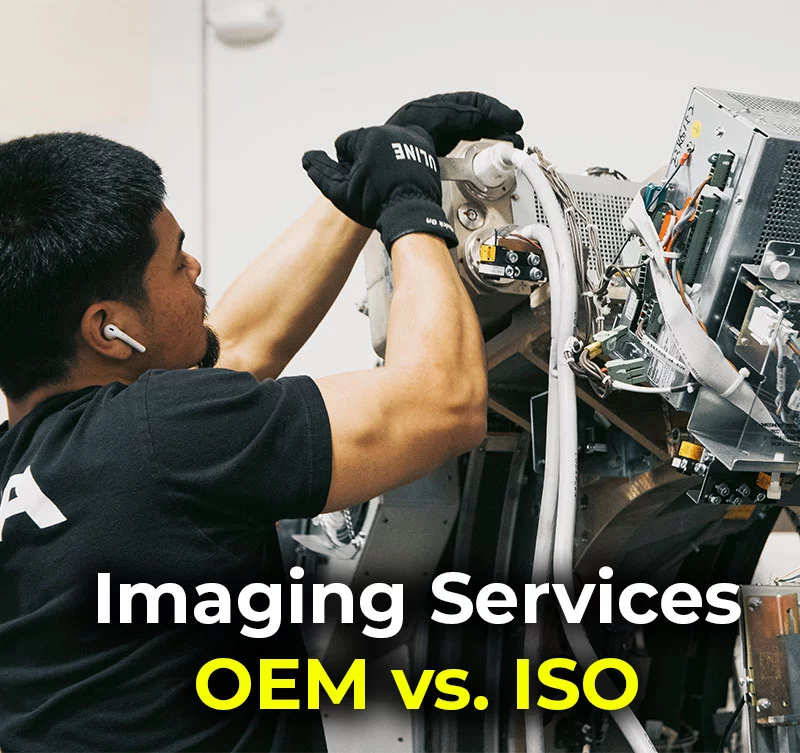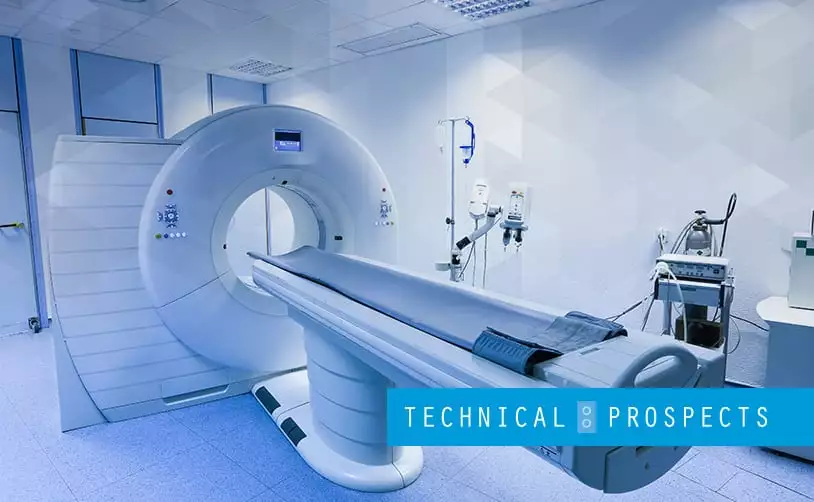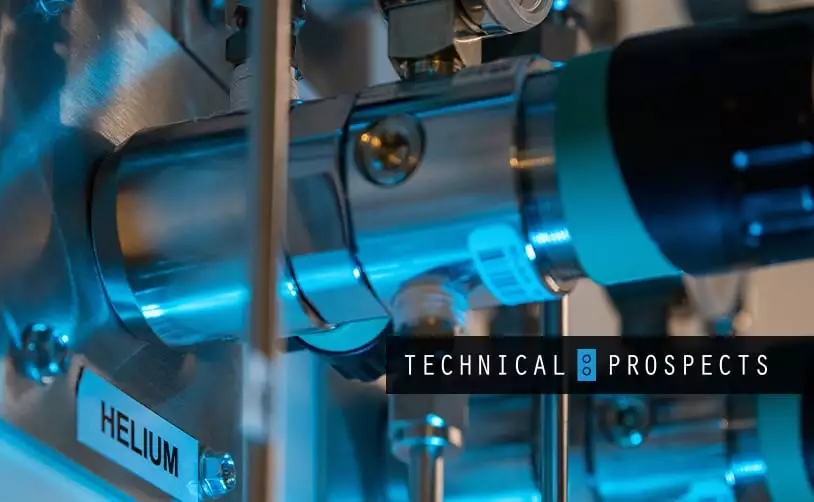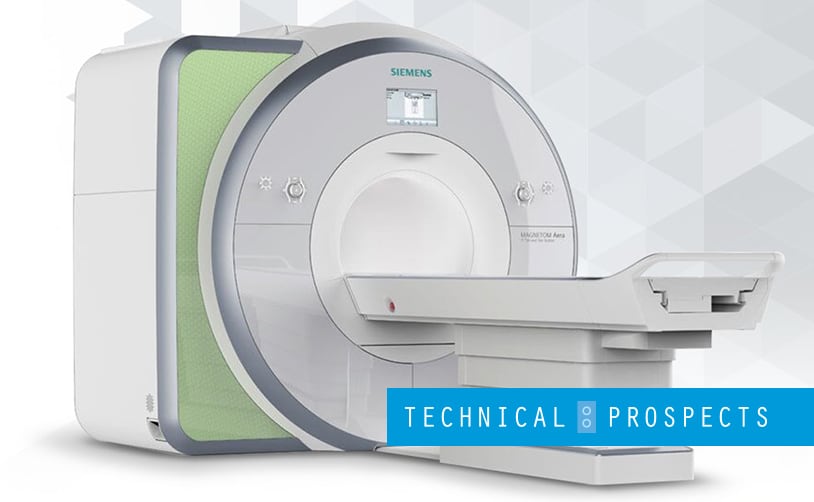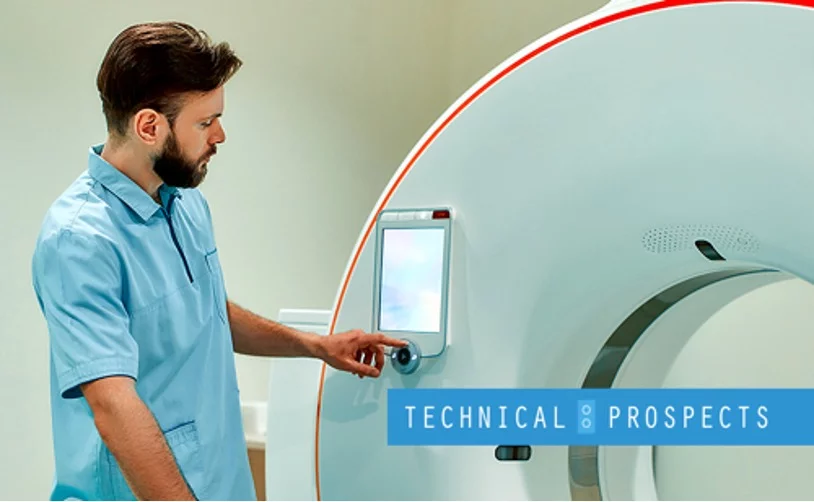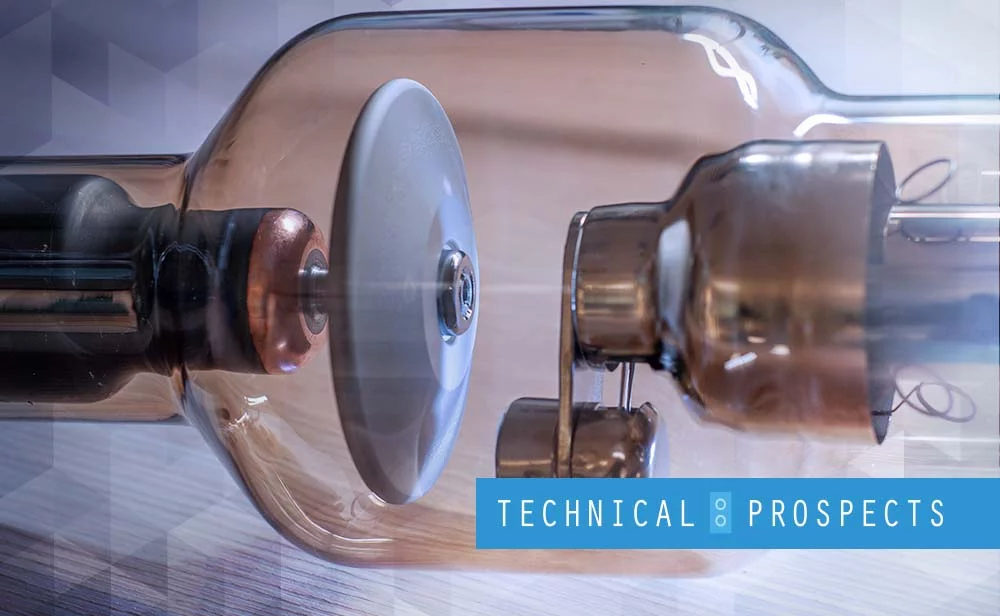When operating MRI scanners, the healthcare industry follows a strict safety protocol to ensure the safe usage of this revolutionary equipment. After all, technicians will be operating a machine that generates high-powered magnetic fields. This technology plays an integral role in diagnosing a myriad of diseases, but its ability to render spliced images of the body’s internal organs also comes with risks.
Indeed, MRI machines do not produce radiation, making them one of the safest forms of diagnostic imaging systems to date. However, one misstep in the workflow can create a hazardous environment for your medical staff and patients. But how exactly can it bring danger if there are no radiation risks involved?
What Are the Potential Risks When Operating an MRI System?
-
Magnetic Attraction
The biggest danger with an MRI system comes from its highly powerful magnetic field. It can throw metal objects in the MRI room at great speeds, making something as harmless as a paper clip dangerous since it can travel at a velocity of 40mph.
-
Electronic Disturbances
It’s crucial to ensure the operator and patient do not have any electronic devices when entering the MRI room since the 1.5T magnet can cause everything else to malfunction. This includes breaking down cell phones, analog watches, cameras and can even damage credit cards built with magnetic strips.
-
Magnet Quench
MRI systems are not machines you can shut down on a whim since they can create a quench, which causes the magnetic coils to drop to a temperature of zero. The sudden change makes the coil more resistive than superconductive, halting the magnetic field and resulting in a helium leak. It’s one of the more life-threatening risks technicians should be aware of since liquid helium that turns into a gas can replace oxygen, and when left unattended, lead to asphyxiation.
-
Thermal Burns
MRI scanners are mostly safe, but there are rare cases where patients undergoing an MRI scan can sustain thermal injuries. There’s little research on the cause behind this, but it’s possible that the radio frequency created by the system can cause the wires near the patient to catch heat, resulting in second to third-degree burns.
-
Hearing Problems
MRI machines are known for being one of the loudest equipment in healthcare because it generates a magnetic field, which causes the coils to vibrate for every pulse it makes. While it’s more of a bothersome issue, some patients with sensitive hearing may experience further issues after completing their scan.
The Bottom Line: The Importance of Knowing and Following MRI Safety Guidelines
Operating an MRI system demands safety precautions; that’s why the medical staff handling the machine needs constant training and reminders to prevent running into the risks mentioned above. The threats can be high, but following the protocol meticulously and religiously should ensure everyone remains safe.
Why Choose DirectMed Parts and Services?
If you’re high-quality medical imaging parts to upgrade your clinic, DirectMed Parts offers the best and most reputable sources for your OEM needs. We specialize in providing CT and MRI parts and coils, but you can contact us for our exceptional repair services. Whatever your OEM needs, we can deliver!
